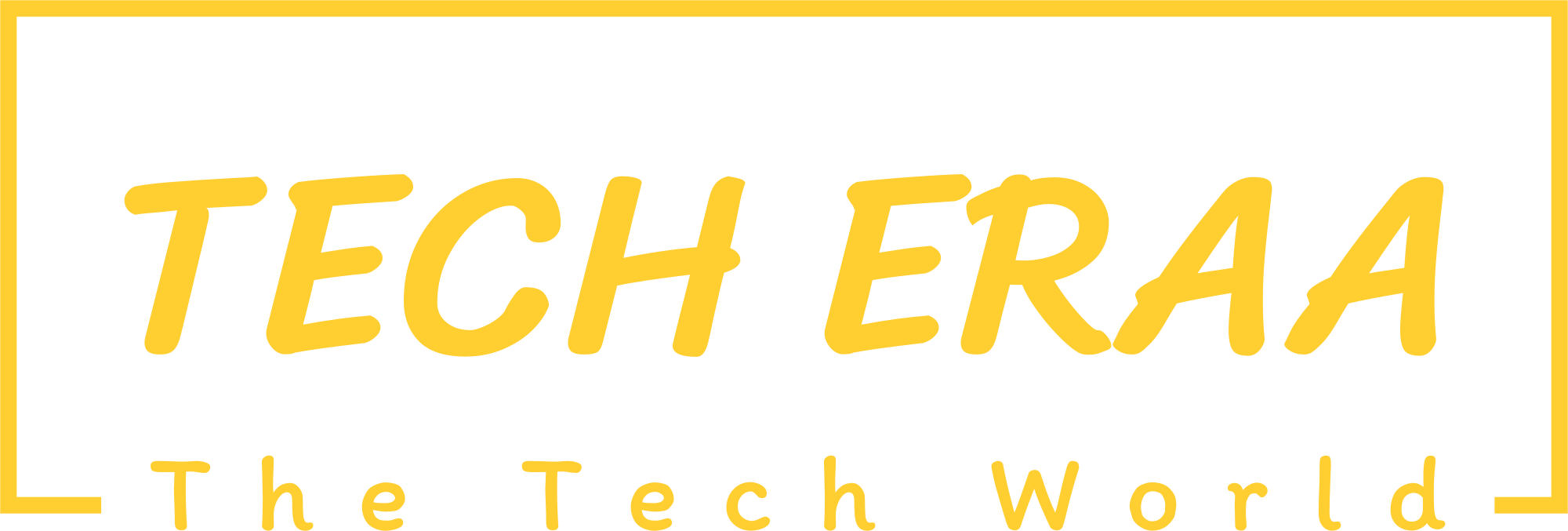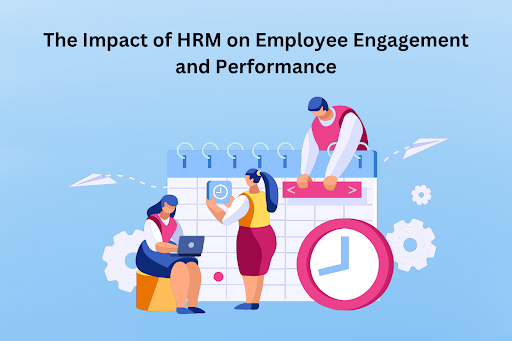Human Resource Management (HRM) is essential in organisations as it is crucial in motivating employees and providing the best work. The Scope of Human Resource Management includes a group of methods and strategies the organisation and its employees follow. These methods are essential to finding, training, and keeping talented people within the organisation. HR Training is a vital aspect of these methods. When HRM programmes are carried out correctly, they can significantly affect how motivated and happy employees are with their jobs.
This blog discusses how HRM affects employee engagement and performance. We focus on essential methods for making an organisation successful by implementing effective HRM strategies.
Role of HRM in Employee Engagement and Performance
Selection and Recruitment
Selection and recruitment methods are the fundamentals of good human resource management. HR professionals can ensure that they are the best employees for the organisation. They find and hire people who have enough experience to fit the company’s culture and job requirements. Engaging hiring methods that focus on openness and communication are essential. A candidate-centred approach leads to higher levels of employee satisfaction in an organisation.
Onboarding and Orientation
A well-organised onboarding and employee orientation process is essential. It helps to make it easy for new employees to fit in with the company. Focusing on detailed training and providing employees with clear job roles and tasks. Creating a sense of belonging from day one is all HRM practices that significantly impact employee engagement.
Training and Development
Opportunities for ongoing learning and growth are significant for keeping employees engaged and improving their work. Training programmes and skill-building workshops are top priorities for HRM initiatives. This shows that the company cares about the professional growth of employees. Investing in the skills makes them happier and more satisfied.
Performance Management
Performance management methods must work well to ensure that employee and company goals are aligned. Regular feedback, performance reviews, setting goals, and recognition programmes are all HRM practices that help workers understand what is expected of them and how they should perform. Clear lines of communication and helpful feedback foster a culture of accountability and constant growth, leading to higher engagement and productivity.
Employee Engagement Initiatives
HRM is critical when planning and implementing initiatives to engage employees and improve the workplace. These include health programmes and activities that build teams. Conducting social events and showing appreciation improves employee commitment. Engaged workers are likelier to be dedicated to their jobs and develop new ideas. They can work well with others, which leads to the organisation’s success.
Work-Life Balance
Another essential part of good HRM is understanding the importance of work-life balance. Policies that support flexible work hours and paid time off are considered crucial. Providing mental health support is good for employees’ health and happiness. An excellent work-life balance keeps you from burnout and makes you happier. A well maintained work-life balance boosts the total performance and productivity among employees.
Communication and Feedback
Clear lines of contact and regular ways to give feedback are essential parts of good HRM. Employees can voice their worries, share feedback, and help make decisions when there are open lines of communication. Prioritising two-way communication in HRM practices builds trust and boosts morale. It helps to strengthen the connection between employer and employee and improve their relationships.
Employee Recognition and Rewards
Recognising and rewarding employees for their work is vital to human resource management (HRM). Implementing recognition programmes that acknowledge individual and team accomplishments. It can create a culture of appreciation and inspiration. HRM practices that recognise and reward success through money, bonuses, or public praise reinforce desired behaviours and boost performance.
Conflict Resolution and Employee Relations
Managing workplace issues and building good employee relationships are two essential parts of human resource management (HRM). Human resources experts can keep the workplace peaceful by implementing fair and transparent grievance procedures, mediation processes, and conflict resolution strategies. Taking steps to deal with interpersonal problems and encourage respectful communication can boost employee morale, job satisfaction, and general engagement.
Conclusion
It’s impossible to say enough about how important HRM is for keeping employees engaged and improving their work. HR experts can make a workplace where employees want to do their best by focusing on hiring, onboarding, training, performance management, engagement programmes, work-life balance, diversity, inclusion, communication, and feedback. In the end, a strategic approach to HRM helps workers and makes an organisation successful and competitive in today’s fast-paced business world.


